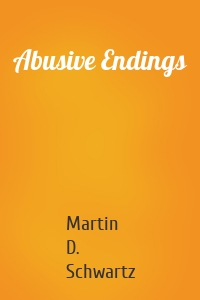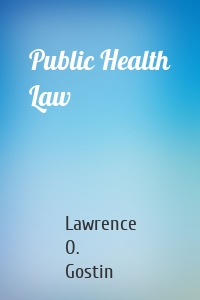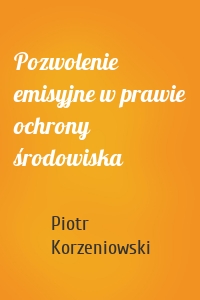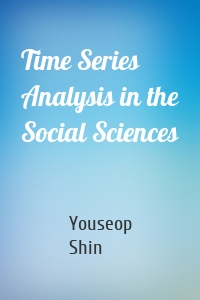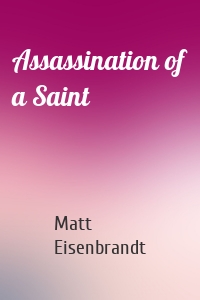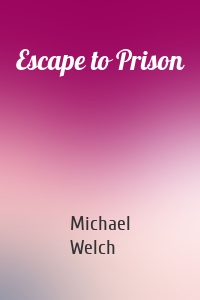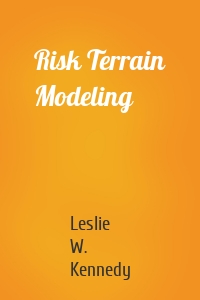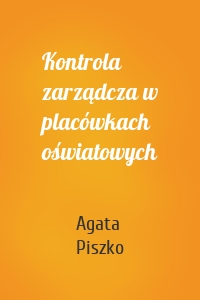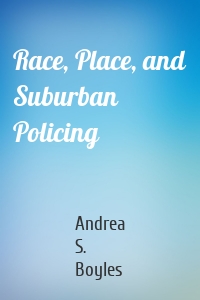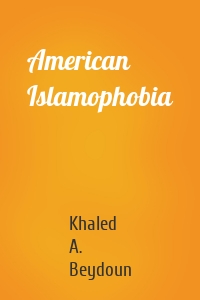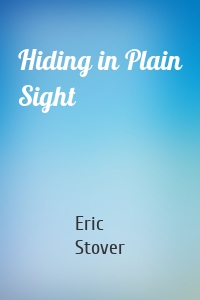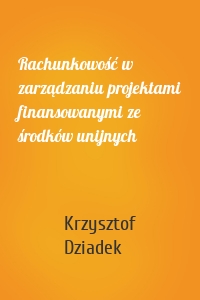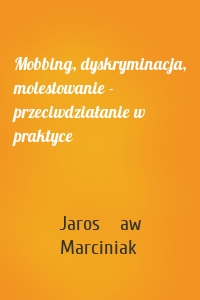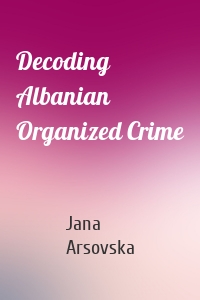Юриспруденция, право
7421 кн.
Abusive Endings
Abusive Endings offers a thorough analysis of the social-science literature on one of the most significant threats to the health and well-being of women today—abuse at the hands of their male partners. The authors provide a moving description of why and how men abuse women in myriad ways during and after a separation or divorce. The material is punctuated with the stories and voices of both perpetrators and survivors of abuse, as told to the authors over many years of...
| Автор | Martin D. Schwartz |
Public Health Law
Lawrence O. Gostin’s seminal <I>Public Health Law</I> is widely acclaimed as the definitive statement on public health law at the turn of the twenty-first century. In this bold third edition, Gostin is joined by Lindsay F. Wiley to analyze major health threats of our time such as chronic diseases, emerging infectious diseases, antimicrobial resistance, bioterrorism, natural disasters, opiod overdose, and gun violence.  The authors draw on...
| Автор | Lawrence O. Gostin |
Time Series Analysis in the Social...
Times Series Analysis in the Social Sciences is a practical and highly readable introduction written exclusively for students and researchers whose mathematical background is limited to basic algebra. The book focuses on fundamental elements of time series analysis that social scientists need to understand so they can employ time series analysis for their research and practice. Through step-by-step explanations and using monthly violent crime rates as case studies, this book explains univariate...
| Автор | Youseop Shin |
Assassination of a Saint
"A tale told well that provides valuable insights into the motives and modus operandi of the death squads in El Salvador, and of the financiers who commissioned and facilitated such crimes. It also highlights the difficulties that face those who pursue such cases many years after the crimes have taken place."—New York Review of Books On March 24, 1980, the assassination of El Salvador’s Archbishop Óscar Romero rocked...
| Автор | Matt Eisenbrandt |
Escape to Prison
The resurrection of former prisons as museums has caught the attention of tourists along with scholars interested in studying what is known as dark tourism. Unsurprisingly, due to their grim subject matter, prison museums tend to invert the «Disneyland» experience, becoming the antithesis of «the happiest place on earth.» In <I>Escape to Prison,</I> the culmination of years of international research, noted criminologist Michael Welch explores ten prison museums on six continents,...
| Автор | Michael Welch |
Risk Terrain Modeling
Imagine using an evidence-based risk management model that enables researchers and practitioners alike to analyze the spatial dynamics of crime, allocate resources, and implement custom crime and risk reduction strategies that are transparent, measurable, and effective.<BR /><BR /> Risk Terrain Modeling (RTM) diagnoses the spatial attractors of criminal behavior and makes accurate forecasts of where...
| Автор | Leslie W. Kennedy |
Race, Place, and Suburban Policing
While considerable attention has been given to encounters between black citizens and police in urban communities, there have been limited analyses of such encounters in suburban settings. <I>Race, Place, and Suburban Policing</I> tells the full story of social injustice, racialized policing, nationally profiled shootings, and the ambiguousness of black life in a suburban context. Through compelling interviews, participant observation, and field notes from a marginalized black enclave...
| Автор | Andrea S. Boyles |
American Islamophobia
“I remember the four words that repeatedly scrolled across my mind after the first plane crashed into the World Trade Center in New York City. ‘Please don’t be Muslims, please don’t be Muslims.’ The four words I whispered to myself on 9/11 reverberated through the mind of every Muslim American that day and every day after.… Our fear, and the collective breath or brace for the hateful backlash that ensued, symbolize the existential...
| Автор | Khaled A. Beydoun |
Hiding in Plain Sight
Hiding in Plain Sight tells the story of the global effort to apprehend the world’s most wanted fugitives. Beginning with the flight of tens of thousands of Nazi war criminals and their collaborators after World War II, then moving on to the question of justice following the recent Balkan wars and the Rwandan genocide, and ending with the establishment of the International Criminal Court and America’s pursuit of suspected terrorists in the aftermath of 9/11, the book explores...
| Автор | Eric Stover |
Decoding Albanian Organized Crime
The expansion of organized crime across national borders has become a key security concern for the international community. In this theoretically and empirically vibrant portrait of a global phenomenon, Jana Arsovska examines some of the most widespread myths about the so-called Albanian Mafia. Based on more than a decade of research, including interviews with victims, offenders, and law enforcement across ten countries, as well as court files and confidential intelligence reports,<I>...
| Автор | Jana Arsovska |


